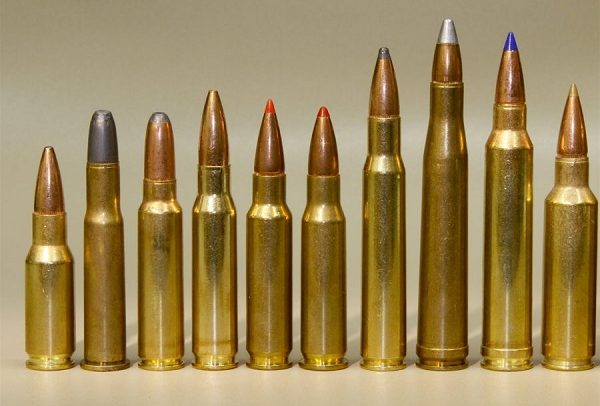The proliferation of small arms in the country remains an arduous challenge for the security agencies, a challenge traceable to the days of the so-called revolution of 1979 when armouries were ransacked by rampaging Other Ranks in the military.
The immediate aftermath of that disorder was bloody and continuing to date with state acquired firearms in the hands of non-state actors, which are used in illegalities spanning land guard criminalities to armed robberies.
Given the unusual long lifespan of firearms, weapons whose dates of manufacture date back to the pre-WWII days, various calibre of the lethal gadgets can be found in the possession of militants of varying colours in different parts of the world; from militants in Mali to their counterparts in Niger and Burkina Faso.
In the complex underworld of criminalities, weapons from WWII vintage – Mark 4 and SMG to AK47 – can find their way from Libya’s warring factions to bad and warmongering youth in Bawku.
The Bawku conflict has seen many a young person in that part of the country saving to acquire sophisticated and antiquated firearms to achieve their goals of gunning down their foes. Just how they manage to acquire the ammunition to feed the firearms is anybody’s guess. It is for this reason that all security conscious Ghanaians must be worried about the missing ammunition disclosure.
Prof. Kwesi Aning’s bombshell disclosure last week, having been told by the late former Defence Minister, Dr. Edward Omane Boamah, has unfortunately not received the level of attention it should.
It is clear that no conscious efforts have been taken to probe the allegation, otherwise the public would have picked such information long before now.
Occasional use of firearms by armed robbers of different shades have been reported in the media, and we must wonder how the bullets upon which these firearms depend are acquired, especially since these ammos are not commodities sold on the open market.
Some busted criminals have been found to be in possession of assault weapons such as AK47s, G3s among others. We are compelled to seek answers as to how the criminals acquired them.
Perhaps such information are restricted and the security agencies are keeping these details to their chests. Be it as it may, the National Security apparatus in whose custody the ammunitions got missing, according to Prof. Aning, should assure the public that it is on top of the seeming conundrum. We do not want to believe that the subject has been confined to the cold section of the National Security shelves.
Bawku is far from being out of the woods in terms of security; it remains a fertile ground for gunrunners operating in the militant infested parts of the Sahel to our northern parts.
During the recent Homowo festival of the Gas in Accra, fatalities were recorded in some parts of the nation’s capital, and it would be interesting to find out the nature of firearms used to end the lives of others and the ammunitions used.
The manner in which the National Security apparatus has been turned into a dumping ground for party foot soldiers over the years, the question about the missing 40,000 ammunition becomes even more relevant and important.


